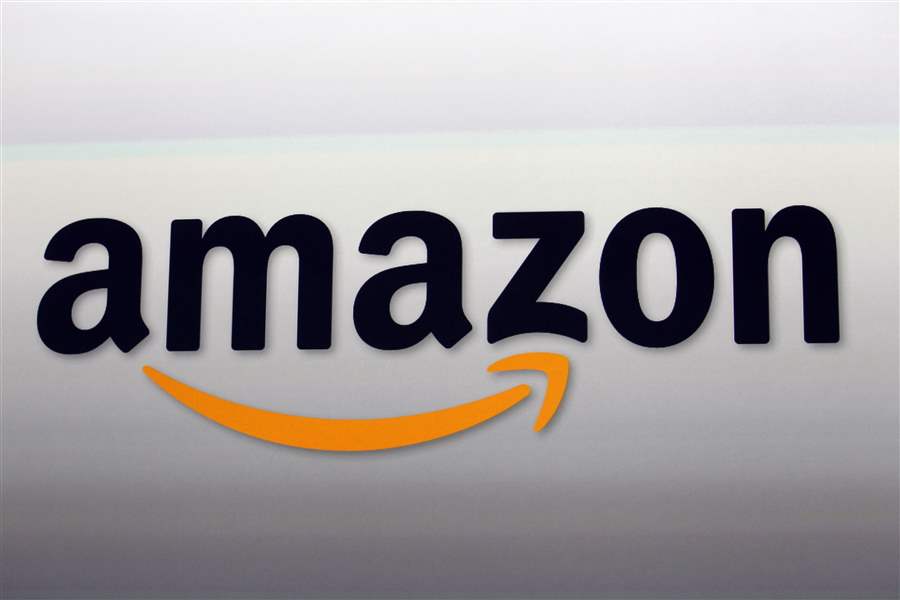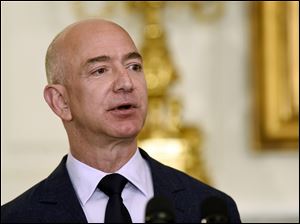
Rust Belt good fit for Amazon
1/26/2018
When selecting a city for its second headquarters, Amazon would be foolish to dismiss the strengths of Pittsburgh and Columbus.
ASSOCIATED PRESS

Amazon, headed by founder and CEO Jeff Bezos, recently released its list of 20 finalists for a second headquarters, which will bring 50,000 jobs, each with an average annual compensation of $100,000.
Amazon recently released its list of 20 finalists for a second headquarters, which will bring 50,000 jobs, each with an average annual compensation of $100,000.
The D.C. region is considered the favorite of oddsmakers. The area has three entrants still in the running — Washington, Northern Virginia, and Montgomery County, Maryland. Amazon CEO Jeff Bezos has owned the Washington Post since 2013, and he is finishing renovations on a Washington home he bought for $23 million.
Click here to view more Blade editorials | Check out the Behind The Editorial series
Other big cities, such as Atlanta, New York, Boston, and Chicago, are still under consideration. But it would be a mistake to forget about the long list of attributes that two Rust Belt cities Columbus and Pittsburgh — also named as finalists — can offer the Seattle-based online giant.
One of the prerequisites from Amazon for entrants in the headquarters derby is that cities have a strong university system. And on this requirement, Columbus and Pittsburgh can compete with the big cities.
Columbus is home to the third-largest university in the United States — Ohio State University — and several other four-year colleges within 40 miles. Pittsburgh is one of the nation’s fastest-growing tech hubs, fueled by Carnegie Mellon University, which has partnered with Uber on self-driving car technology and has one of the top computer science programs in the nation. The University of Pittsburgh is a first-rate institution, now considered a “public Ivy.” Pittsburgh’s access to young, tech-savvy talent should not be underestimated.
Columbus and Pittsburgh can compete with the large metros on quality of life and affordability. Young millennials have flocked to the two cities, creating vibrant social scenes and an enterprising, start-up culture. Pittsburgh has the cheapest cost for housing among the finalists, according to Trulia.com. Columbus is No. 4 for cheap housing, behind Pittsburgh, Philadelphia, and Indianapolis.
Amazon would be foolish to dismiss the strengths of Pittsburgh and Columbus, and Amazon is not foolish.
Follow @BladeOpinion on Twitter.